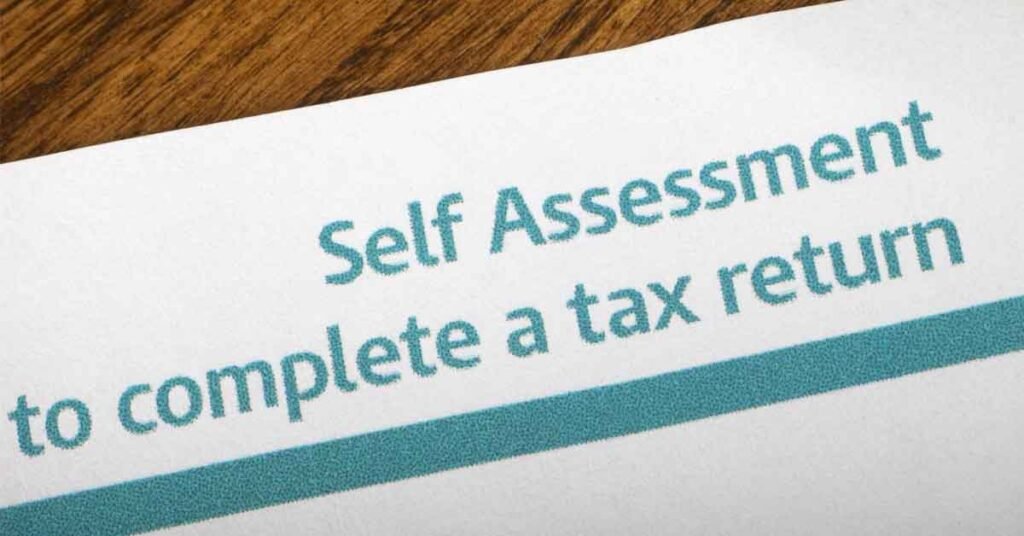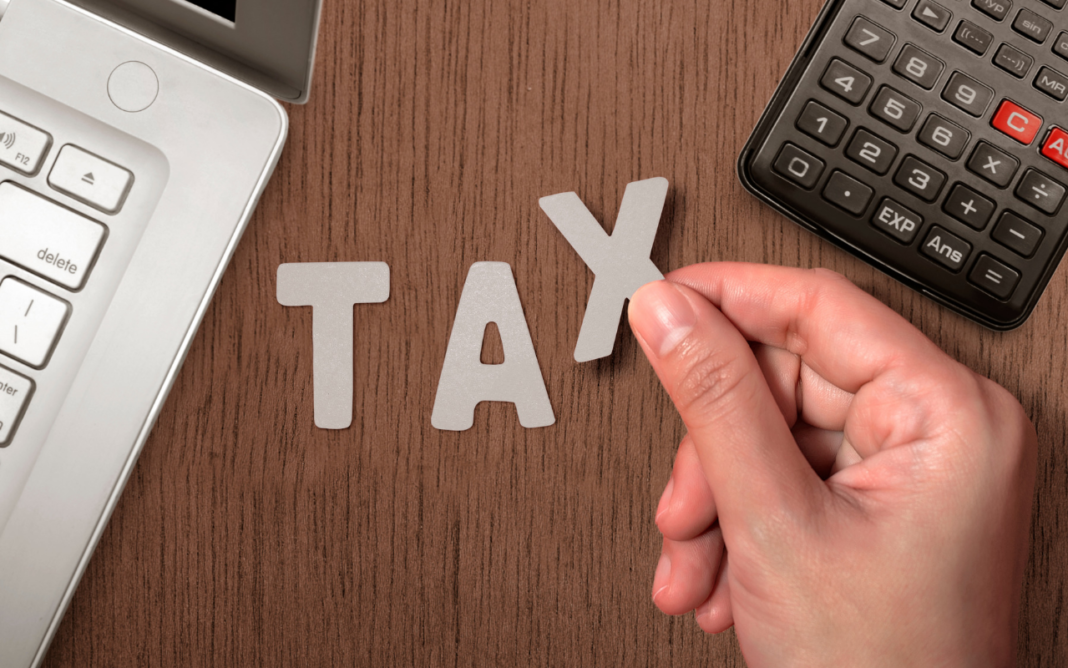As the self-assessment tax season nears its end in India, it is time to take a look at how this system works and what implications it has for taxpayers. Under the self-assessment system, taxpayers are required to declare their income and pay taxes on it themselves. This system was introduced in India in 2000, and has since been amended several times.

The latest amendment was made in 2019. The self-assessment system is widely seen as a fair way of taxation, as it gives taxpayers the opportunity to declare their income and pay taxes on it themselves. This system also helps the government to collect taxes from those who may not be able to pay taxes under the normal assessment system.
While the self-assessment system is fair, there are some drawbacks that need to be considered. These include the fact that it can be difficult to assess one’s own income, and that taxpayers may under-declare their income in order to reduce their tax liability.
What is self assessment tax?
Self-assessment tax is a tax levied on individuals and businesses by the Indian government. The self-assessment tax is payable on the income earned from various sources, such as employment, business, or investments. The self-assessment tax is also payable on the sale of property and other assets.
The self-assessment tax is levied at the rate of 10% on the total income earned. However, there are certain deductions and exemptions available that can reduce the amount of tax payable.
The self-assessment tax is payable by all individuals and businesses who are liable to pay taxes in India. It is important to note that the self-assessment tax is not a substitute for any other taxes that may be applicable.
How is self assessment tax calculated?
When it comes to filing your taxes, one of the most important things to remember is that you are responsible for ensuring that the correct amount of tax is paid. This means that you need to be aware of how your self assessment tax is calculated.
Self assessment tax is generally calculated using your total income from the previous financial year. This includes all sources of income, such as wages, interest, dividends, and capital gains. Once your total income is determined, certain deductions and allowances are applied to calculate your taxable income. From there, your self assessment tax liability is calculated based on the applicable tax rate.
It’s important to note that self assessment tax is not a separate tax; it is simply the portion of your overall income tax liability that you are responsible for paying yourself. This means that if you have already paid taxes through withholding or estimated payments during the year, your self assessment tax will be reduced accordingly. Conversely, if you have not paid enough taxes throughout the year, you will be required to pay the balance owed with your self assessment tax return.
Overall, understanding how your self assessment tax is calculated is an important part of ensuring that you file accurate taxes and avoid any penalties or interest charges. If you have any questions about your specific situation, it’s always best to speak with a qualified accountant or tax professional.
What are the consequences of not paying self assessment tax?
If you don’t pay your self assessment tax, the Indian government may take legal action against you. This could include filing a case in the Income Tax Department or initiating criminal proceedings. If you’re found guilty, you could be fined or jailed.
How to file for a self assessment tax return?
It is mandatory for all individuals who are liable to pay taxes in India to file their self assessment tax returns. This includes both salaried and freelance individuals, as well as those who have other sources of income. The first step is to register for a Self Assessment Tax Return (SATR) with the Income Tax Department. This can be done online or offline.
Once you have registered, you will need to furnish details of your income and expenditure for the financial year in question. This must be done before the due date, which is typically 31st July. Once you have filed your return, you will need to make a payment towards any taxes that are due. This can be done online or offline as well.

